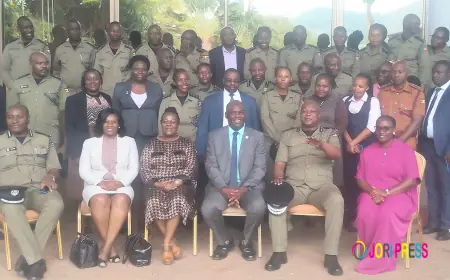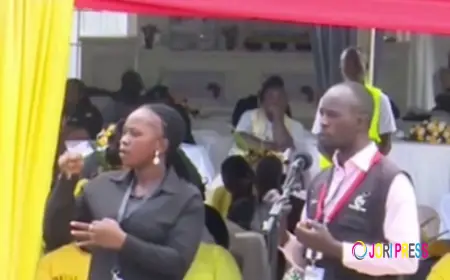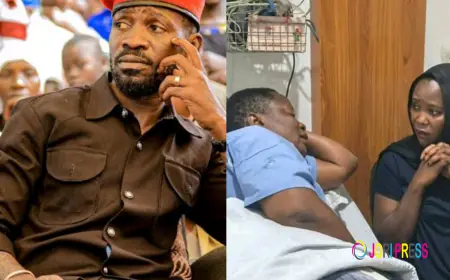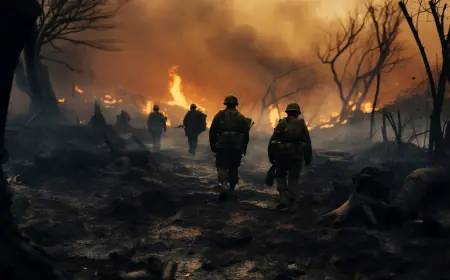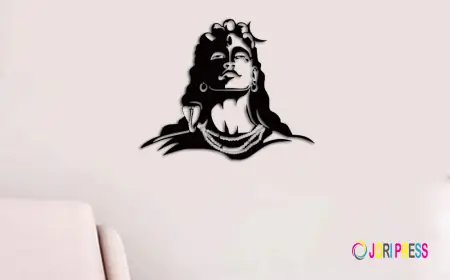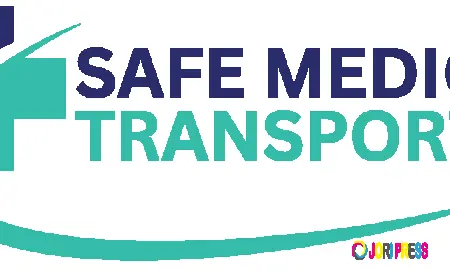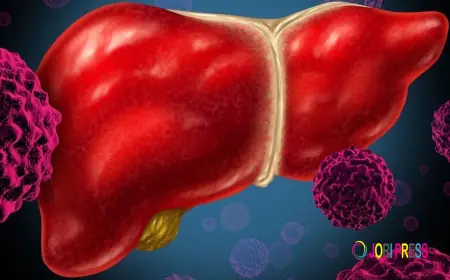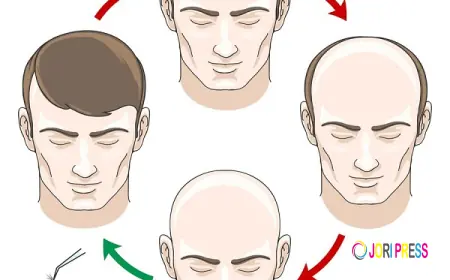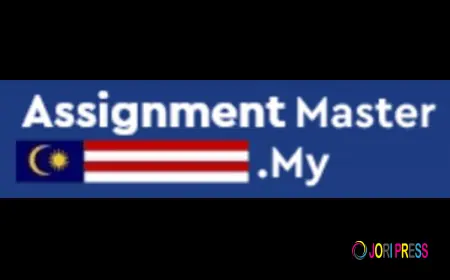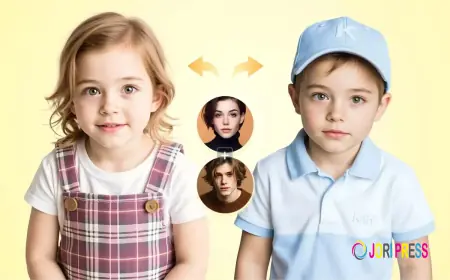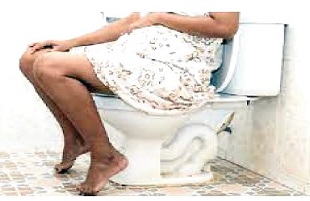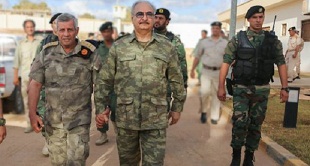In Uganda, victims of war crimes still wait for compensation


Decades after the guns fell silent in northern Uganda, survivors of the Lord’s Resistance Army (LRA) insurgency continue to wait for justice.
Many endured abductions, rape, mutilation and the loss of loved ones. Courts have convicted senior commanders for their crimes. Yet the people who suffered remain largely without redress.
“The legal framework for reparations to victims of war crimes and crimes against humanity remains inadequate,” Justice Susan Okalany told a gathering of legal experts and activists last week.
Speaking at the Regional Gender Forum, organized by FIDA Uganda and the SIHA network, Okalany described a justice system that has punished some perpetrators but has yet to deliver meaningful compensation to those left behind.
Uganda has not been without land- mark trials. Thomas Kwoyelo, a former LRA commander, was convicted earlier this year of 44 counts of war crimes and crimes against humanity. At the International Criminal Court (ICC), Dominic Ongwen, another se- nior commander, was sentenced for 61 counts, including forced marriage, rape and sexual slavery. But those convictions have not translated into reparations.
“The orders issued in the Kwoyelo case for reparations to victims are still unfulfilled, leaving many without the redress they rightfully deserve,” Okalany said.
She noted that hundreds of thousands of survivors have never seen their day in court, as many former fighters were granted amnesty despite a Supreme court ruling that those responsible for the gravest crimes should still face trial. The forum, held under the theme
“Justice Beyond Borders: Regional Mechanisms and Women’s Human Rights in the Greater Horn of Africa,” brought together justices, lawyers, civil society leaders and policymakers. Participants confronted a stark reality: across the region, women in conflict-affected areas are often the least likely to access justice, despite being the most vulnerable to violence.
Okalany urged delegates to con- sider alternative mechanisms that could deliver accountability where prosecutions fall short.
“We must reflect on critical issues such as access to justice for women in conflict-affected states across the Greater Horn of Africa and the gaps that persist,” she said.
Lilian Adriko, CEO of FIDA Uganda, reminded participants that the African Charter on Human and Peoples’ Rights recognizes both individual and collective rights. “Justice in Africa is both individual and collective,” she said.
“It protects the dignity of each woman and girl while recognizing the shared struggles of communities facing conflict, displacement, patriarchy and poverty.” For many speakers, the way forward lies in building solidarity across borders.
Hala Al-Karib, regional director of the SIHA Network, emphasized that progress cannot happen in isolation.
“SIHA has never achieved its mission alone,” she said. “It is through working together, especially with partners like FIDA-Uganda, that we have made the greatest impact. Unity and collaboration are essential because no single organization can overcome these challenges.”
A STRUGGLE UNFINISHED
For survivors in northern Uganda, reparations remain a promise unkept. Their lives were torn apart by a war in which children were forced to kill, women were enslaved, and entire villages destroyed.
Now, they face the quieter suffering of neglect—watching as perpetrators are tried while their own needs go unmet. The voices raised at the forum carry a clear demand: accountability cannot end in the courtroom.
For justice to be real, it must reach the communities who bore the war’s heaviest costs. Until then, as Justice Okalany warned, Uganda’s legal framework will remain a system that punishes crimes but leaves victims without repair.
What's Your Reaction?
 Like
0
Like
0
 Dislike
0
Dislike
0
 Love
0
Love
0
 Funny
0
Funny
0
 Angry
0
Angry
0
 Sad
0
Sad
0
 Wow
0
Wow
0









